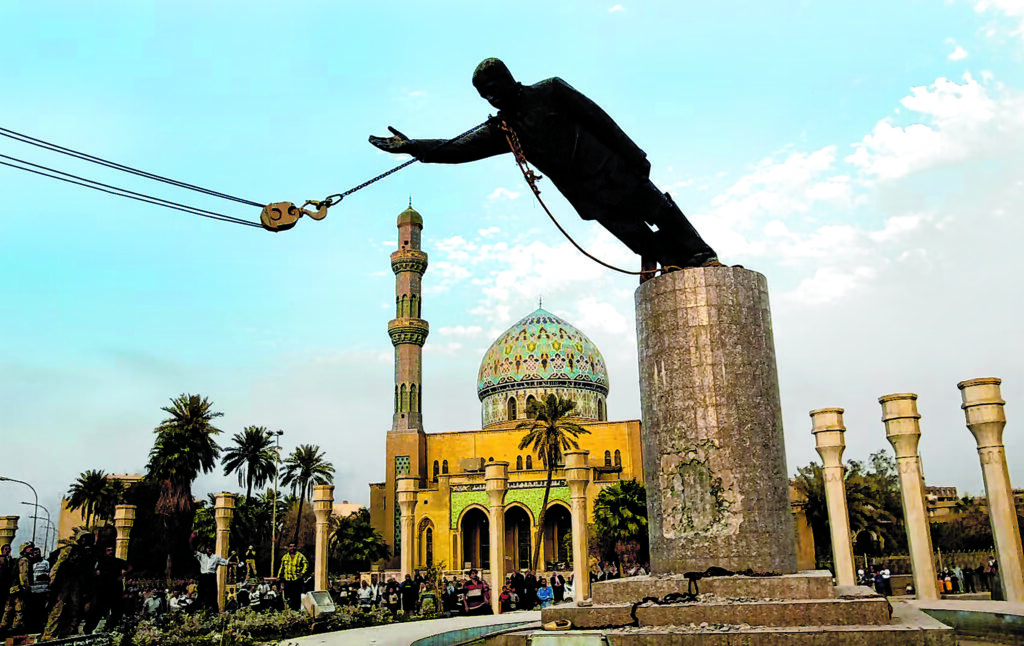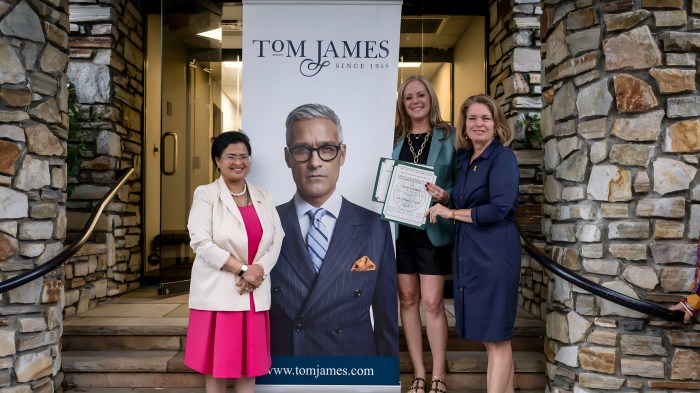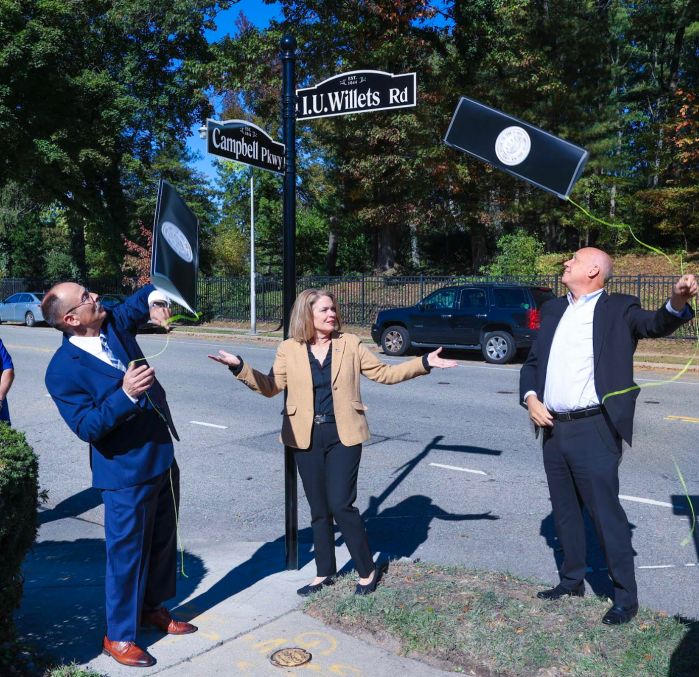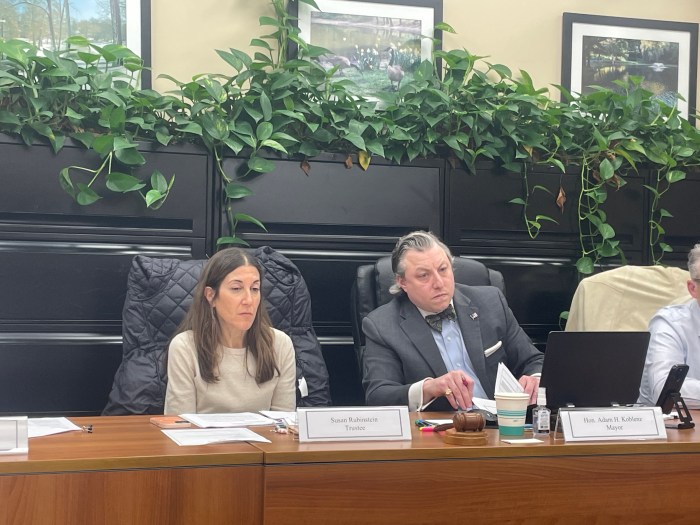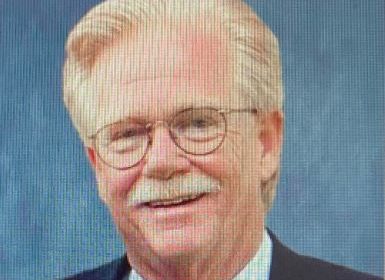This month marks the 20th anniversary of the 2003 United States’ invasion of Iraq, one that toppled that country’s dictator, Saddam Hussein and one that also came with hopes for the triumph of democracy not only in that nation, but also throughout the Middle East.
For decades, Roslyn native Richard Haass has had a front row seat to foreign policy decisions in Washington. Currently, president of the Council of Foreign Relations, Haass, in 2003, was Director of Policy Planning for the United States State Department. He later served as President George W. Bush’s special envoy to Northern Ireland and coordinator for the Future of Afghanistan.
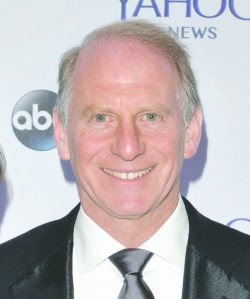
In an essay for Project Syndicate, Haass looked back on those fateful days, providing unique perspective.
“[All] wars are fought three times,” Haass claimed. “First comes the political and domestic struggle over the decision to go to war. Then comes the actual war, and all that happens on the battlefield. Finally, a long debate over the war’s significance ensues: weighing the costs and benefits, determining the lessons learned, and issuing forward-looking policy recommendations.”
“The Iraq War was a classic war of choice: the US did not have to fight it,” Haass continued.
From then-Vice President Richard Cheney’s point of view, Iraq possessed weapons of mass destruction (WMDs.) That nation might use them on the United States or pass them along to terrorist groups. War with Iraq was a necessity.
Cheney’s boss, President George W. Bush, viewed the invasion differently, namely “the pursuit of what they saw as a new and great foreign-policy opportunity. After 9/11, there was a widespread desire to send a message that the US was not just on the defensive. Rather, it would be a proactive force in the world, taking the initiative with great effect.” Iraq would also be a war for global democracy.
“Many in the Bush administration were motivated by a desire to bring democracy to the entire Middle East, and Iraq was viewed as the ideal country to set the transition in motion. Democratization there would set an example that others across the region would be unable to resist following. And Bush himself wanted to do something big and bold.”
Haass believed that Saddam Hussein had WMDs. He also opposed the war.
“I believed there were other acceptable options, above all measures that could slow or stop the flow of Iraqi oil to Jordan and Turkey, as well as the possibility of cutting Iraq’s oil pipeline to Syria,” he recalled. “Doing so would have put significant pressure on Saddam to allow inspectors into suspected weapons sites. If those inspections were blocked, the US could have conducted limited attacks against those facilities.
“I was not particularly worried about Saddam getting into the terrorism business,” Haass continued. “He ruled secular Iraq with an iron fist and considered religious-fueled terrorism (with or without Iranian backing) the greatest threat to his regime. He also was not the sort of person to hand WMDs over to terrorists, as he wanted to maintain tight control of anything that could be linked to Iraq.”
As significant, Haass, as with many observers, was “deeply skeptical” about democracy taking root in the Middle East.
“I also foresaw that establishing democracy would require a large, prolonged military occupation that would likely prove costly on the ground and controversial at home,” he wrote.
Haass further criticized the Bush Administration for not “putting in the hard work” that nation-building required.
There have also been political consequences. Haass didn’t mention the collapse of the Bush presidency and the subsequent election of Barack Obama. He did, however, note the isolation the U.S. now faced on the word stage, plus an unlikely populist rebellion at home.
‘Millions of Americans became disillusioned with their government and US foreign policy, helping to set the stage for the anti-government populism and foreign-policy isolationism that has dominated US politics in recent years,” Haass noted. “The war ultimately proved to be a costly distraction. Without it, the US could have been in a much better position to reorient its foreign policy to contend with a more aggressive Russia and a more assertive China.”
Iraq, ultimately, was a war of choice. Iraq posed no threat to the United States nor did it have any designs on that nation. The war, he added, was not fought for Israel’s sake or for “the price of oil.” It also highlighted the limits to bipartisanship.
“[Just] as broad political support is no guarantee that a policy is right or good, narrow support does not necessarily mean that a policy is wrong or bad,” Haass maintained, while adding: “In 2009, I wrote a book arguing that the 2003 Iraq War was an ill-advised war of choice. More than a decade later, and 20 years after the war began, I see no reason to amend that judgment. It was a bad decision, badly executed. The US and the world are still living with the consequences.”




